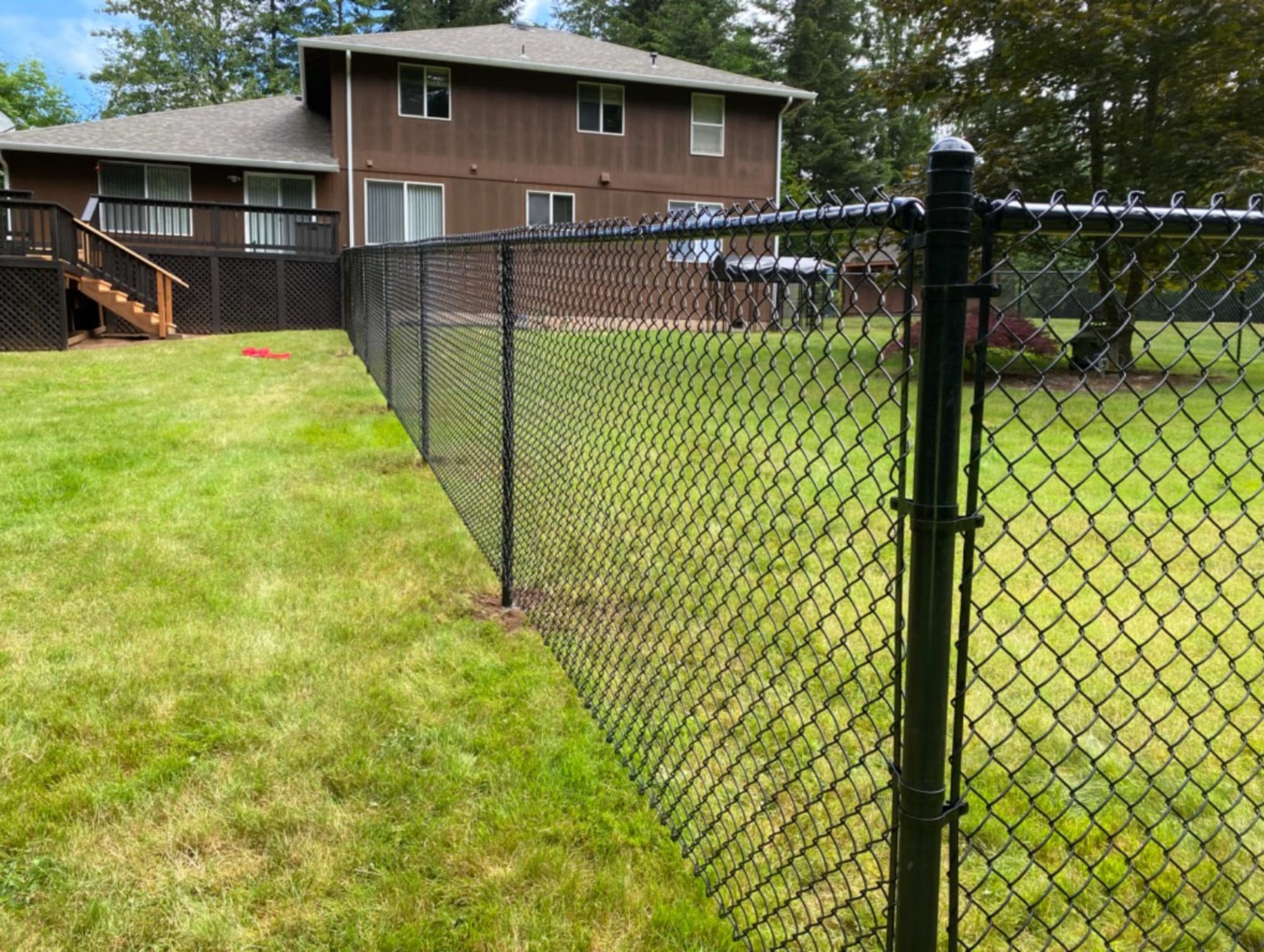All Categories
Featured

When it pertains to choosing the best secure fencing material for sturdiness, functioned iron stands out as one of one of the most trustworthy and resilient alternatives readily available. Recognized for its strength, visual charm, and capacity to withstand numerous weather problems, wrought iron is a preferred choice for both household and industrial properties. Just how does it compare to other fencing products in terms of long life and efficiency? Let's take a more detailed look at wrought iron secure fencing and just how it piles up versus choices like plastic, aluminum, and wood.
Toughness and Durability of Wrought Iron Secure Fencing. Unlike lots of various other fence alternatives, functioned iron can sustain harsh ecological conditions, consisting of extreme warmth, heavy rainfall, and also solid winds. Because it is a steel, functioned iron is not prone to the wear and tear that timber fences usually experience, such as rotting, bending, or insect invasions.
Toughness: Wrought iron fences are incredibly challenging and can hold up against impacts and various other forms of physical stress and anxiety that may harm other products. When appropriately maintained, they can last for half a century or more, making them an investment that will supply lasting value.
Wrought Iron vs. Timber Fencing. Wooden fencings, while typical and aesthetically pleasing, usually require even more upkeep and have a much shorter life expectancy contrasted to functioned iron. Timber is prone to rot, termites, and weathering gradually, every one of which can endanger its architectural honesty. In enhancement, wood fencings might need to be changed or repaired every 10 to twenty years, depending upon the climate and the type of wood utilized.
Maintenance: While timber fencings need to be on a regular basis treated with spots, sealants, or paints to maintain their appearance and longevity, wrought iron fencings usually require a lot less upkeep. They may require periodic cleaning or painting to avoid rust, especially in coastal or damp locations, but they will not struggle with the very same kinds of degradation as timber.
Durability: While a properly maintained wood fencing may last 20 to thirty years, wrought iron can surpass that lifespan by several decades, making it a much more durable option in the lengthy run.
Wrought Iron vs. Plastic Fencing. Vinyl fencing has come to be a preferred alternative to wood due to its reduced upkeep and resistance to the components. Unlike wood, vinyl does not rot or warp, and it does not need to be repainted or dealt with. Vinyl can become weak over time, especially in areas with harsh winters or extreme UV direct exposure. It might split or break under pressure, such as from an extreme tornado or a heavy effect.
Sturdiness: While vinyl is immune and rather resilient to rot and fading, it still can't match the long-lasting strength and strength of wrought iron. A plastic fencing could last around 20 to thirty years, relying on ecological aspects, but it lacks the architectural integrity that functioned iron supplies.
Maintenance: Plastic calls for marginal upkeep contrasted to timber, but it can still fade with time, specifically in areas with intense sun exposure. Wrought iron might require periodic rust avoidance therapies however normally needs less treatments than plastic.
Wrought Iron vs. Aluminum Fencing. Light weight aluminum is one more metal option to functioned iron, and while it shares a few of the longevity qualities of wrought iron, it is typically less durable and solid. Aluminum is much more resistant and light-weight to rust and corrosion, making it a prominent choice for low-maintenance fence. It's not as solid as functioned iron and may be extra prone to denting or bending under pressure.

Toughness: Wrought iron is considerably stronger and more long lasting than aluminum. While aluminum fences can last for several decades, they might not hold up as well in high-impact or high-traffic areas. On the other hand, wrought iron is far more immune to physical damages and can much better hold up against pressure and pressure.
Upkeep: Both wrought iron and aluminum fencings need some maintenance, mostly to stop corrosion. Aluminum is much less most likely to rust than wrought iron, making it a much more low-maintenance alternative in locations with high humidity or coastal salt exposure.
Last Ideas: Wrought Iron's Longevity Benefit. Wrought iron sticks out as one of the most resilient fence products offered, exceeding wood, vinyl, and aluminum in regards to stamina, long life, and total performance. While it does require periodic maintenance, particularly to avoid corrosion, its ability to withstand severe weather condition problems, physical tension, and the test of time makes it an outstanding investment for homeowners and services looking for a lasting, safe fence service.
For those who focus on strength and long life most of all else, functioned iron is an irresistible option. Whether you're securing a property, enhancing the appearance of your lawn, or offering protection for a commercial site, wrought iron fence will supply years of longevity and visual appeal that few various other products can match.
Latest Posts
A Beachfront Oyster Experience
Published Apr 21, 25
1 min read
Floor Covering Professionals Who Treat You Like Family
Published Apr 21, 25
1 min read
Empowering Youth with WyHy's Financial Devices
Published Apr 21, 25
1 min read